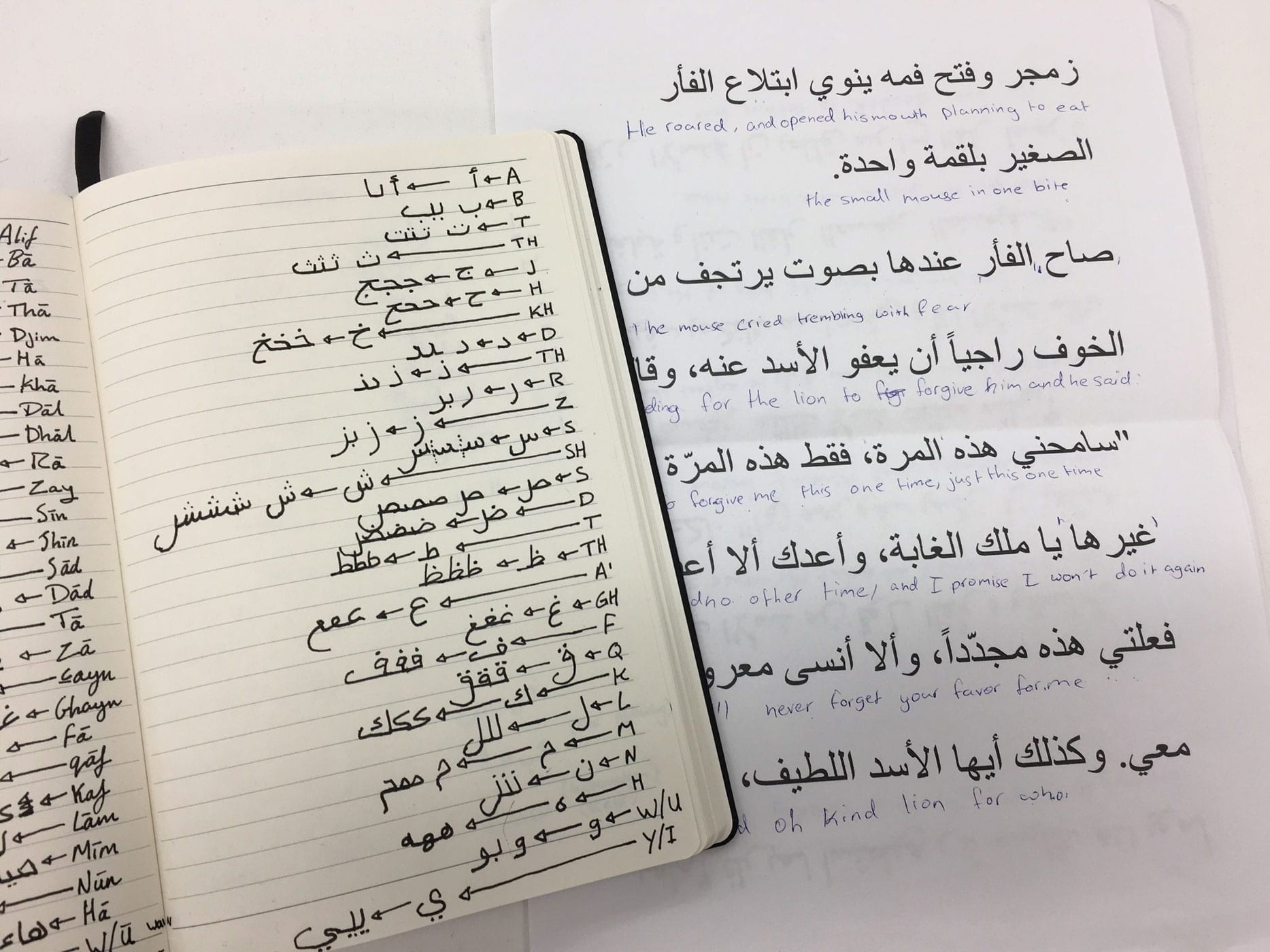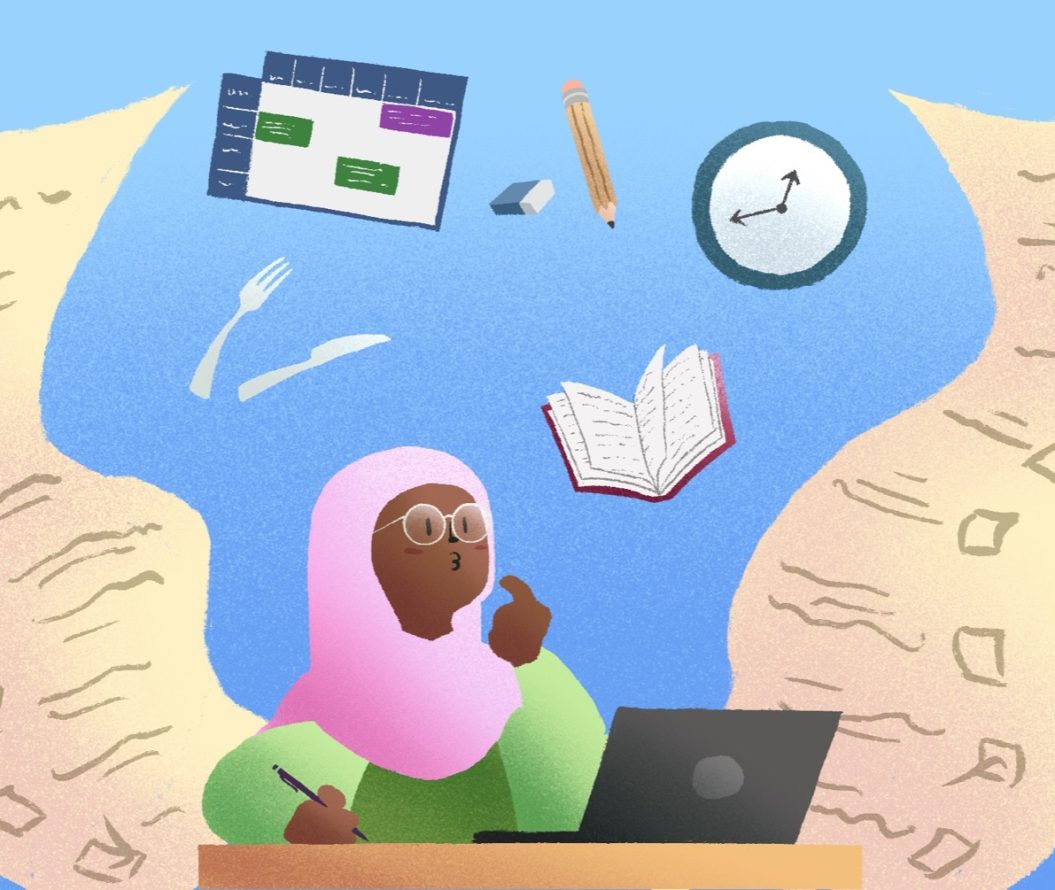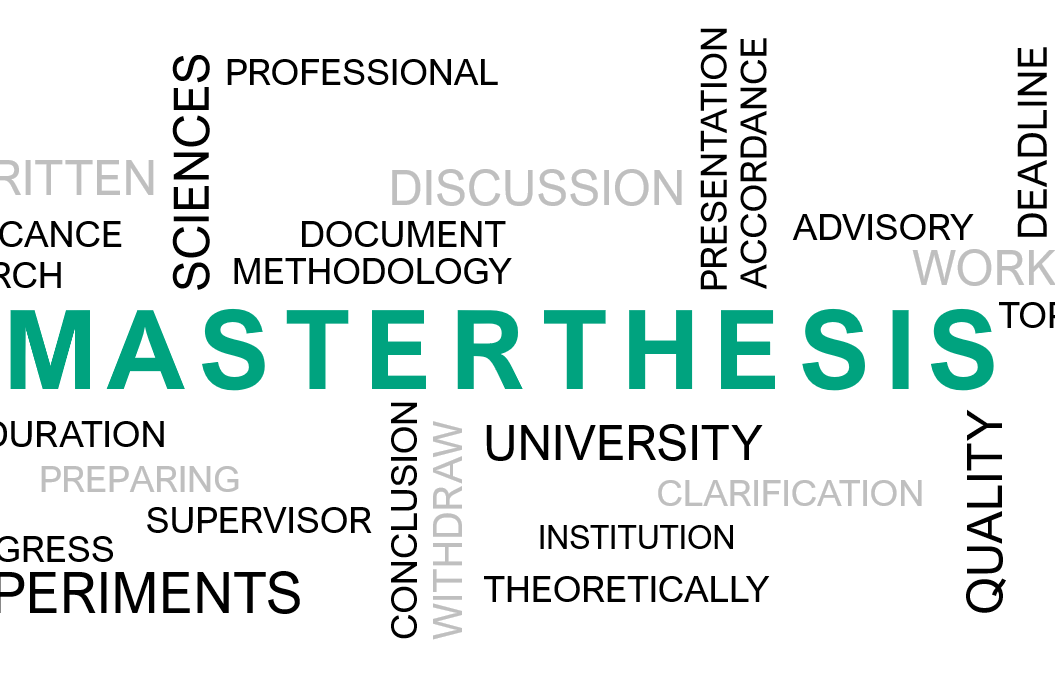I'm a 3rd year Politics and International Relations student from Birmingham. I love training in Brazilian Jiu-Jitsu, running, and flying in a glider near Stratford-Upon-Avon, in Warwickshire. At university I have been learning Arabic outside of class and have an…

Cultural exchange sessions at the University of Lincoln
February 27, 2019,
read.
This article is more than 3 years old
Studying a new language at university can be a difficult task on your own, without a teacher.
At the University of Lincoln free classes have been organised, in multiple languages, every week, for both students and staff. There is no long term or monitored commitment. There is no compulsory attendance and you won’t have to dedicate a lot of your time to these sessions, as they are only an hour per week.
The classes focus on more than just the language that you choose to study.They also tell you more about the traditions, culture and customs of the nations and people of the language. The languages on offer include: Spanish, Russian, Czech, German, Polish, Turkish, Portuguese, Arabic and Japanese.
As you can see, there are widely spoken and valuable languages available, some of which would be great assets to a student looking to study abroad, or even work abroad, after university. If you are an overseas student. or already speak another language, there are opportunities to become a volunteer and teacher (which would look great on your CV!). Even if none of this applies to you, having an understanding of another language and culture can be beneficial in the wider world and could open up more job opportunities for you after uni.
My experience with the Arabic Cultural Exchange Sessions this year has taught me so much more than just the language. An hour a week is worth every second for the knowledge you will gain and from the experience with genuinely interesting teachers, who have a wide range of experience in their subject.
I became interested in the Arabic language after making friends with some international students from the Arab Gulf. I then saw the sessions advertised, and jumped at the opportunity. I have found that many of the things I have learnt in the lessons have come in handy when talking with Arabic friends, and I am sure they will continue to be useful in future career paths.
Don’t just take my word for it, here’s what some of the other teachers and students have to say about the sessions:
“My mum taught languages so I feel like I am sharing my culture as well as continuing the tradition.” – Arabic Teacher
“The way the Cultural Exchange sessions work is very beneficial for both parties. Students get to learn new languages or new aspects of other cultures from natives, while teachers get a privileged opportunity to honour their mother tongue. I get a sense of pride in sharing my home with new friends.” – Portuguese Teacher
“Joining CES has helped me gain the confidence to talk to a group of people and has taught me how to prepare lessons and tasks which will be beneficial if I do choose to become a teacher after graduating” – Spanish Teacher
“It is a fun way to get introduced to a new language, with easy to follow lessons and activities that helps you to learn new words. These lessons have helped me to learn the Russian alphabet, greetings, numbers and other basics.” – Russian Student
“I really liked that students in Lincoln have the opportunity to learn about foreign countries and their cultures and even start learning foreign languages. I believe that the Czech Republic has a lot to offer to students in Lincoln – some of our students have even chosen the Czech Republic as their Erasmus programme destination – so I decided to join the CES team to become a part of this initiative.” – Czech Teacher
“I became an organiser because I just wanted to help out more, besides being just a teacher…What really interested me was that students are introduced to a new culture and a new language by a native, that makes the teaching much more interesting. The teachers are always passionate about their lessons, because they are talking about where they come from or why they enjoy speaking the language so much.” – CES Organiser
I would strongly recommend that students and staff take advantage of these free lessons, they are taught by fantastic teachers and you will learn a great deal, that could become useful when communicating with colleagues and students from other nations. In addition, the education gained in these sessions will no doubt come in useful later on in life.




